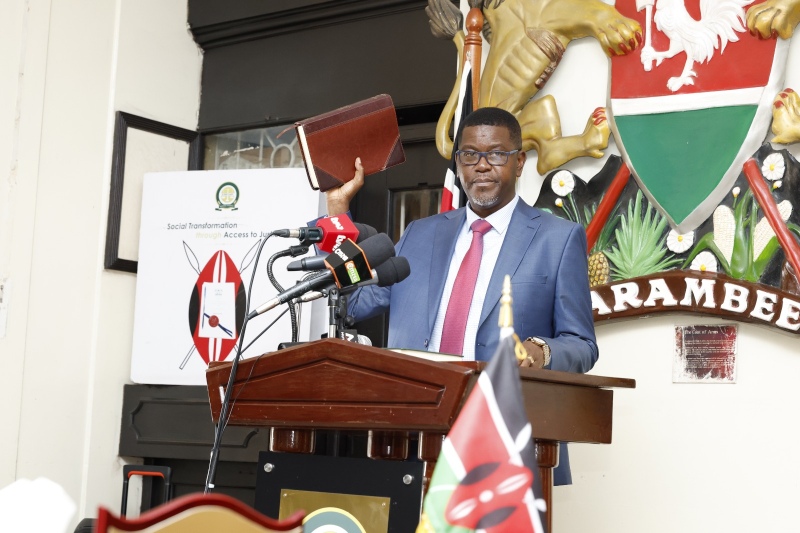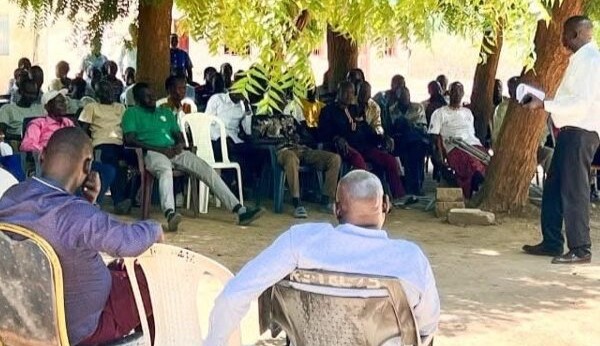Iftar added to UNESCO's list of intangible cultural heritage

The application for consideration was jointly submitted by Iran, Turkey, Azerbaijan and Uzbekistan to UNESCO.
The UN cultural agency officially recognized Iftar, the meal that breaks the daytime fast during the holy month of Ramadhan, on its list of intangible cultural heritage.
The application for consideration was jointly submitted by Iran, Turkey, Azerbaijan and Uzbekistan to UNESCO.
More To Read
- UNESCO urges dialogue as world marks day for remembrance of slave trade, abolition
- Historic manuscripts returned to Timbuktu after 13 years in Mali's capital
- US announces withdrawal from UNESCO again, citing "misalignment with national interests"
- How Kiswahili is building a cultural bridge between China, Tanzania
- Water scarcity now a threat to global peace, UNESCO warns
- Government to protect historic Portuguese Chapel from encroachment, pushes for UNESCO status
The UN body stated on its Website that the age-old communal tradition gained recognition from the Intergovernmental Committee for the Safeguarding of Intangible Cultural Heritage, currently convened in Botswana since Monday.
"The Iftar practice is typically transmitted with families, children and youth often entrusted with preparing components of traditional meals," said UNESCO.
According to the UN body, Iftar is a community gathering for meals, strengthening family and community ties and promoting charity, solidarity and social exchange.
They further indicated that knowledge and skills are typically transmitted within the family through oral instruction, observation and participation.
Sheikh Hassan Mahat Abdi a madarasa teacher in Garissa, says the recognition will make many non-Muslims research and learn more about Iftar and the Holy month of Ramadhan.
"Many will get attracted to learning Iftar and will interact with Muslims during the holy month of Ramadhan," said Sheikh Hassan.
Ramadhan is the 9th month of the Hijri Islamic calendar, it commemorates the first revelation of the Quran to Prophet Muhammad.
Iftar, which follows the sunset call to prayer during Ramadhan is customarily marked by breaking the fast by eating dates and drinking water before other dishes.
Top Stories Today














































